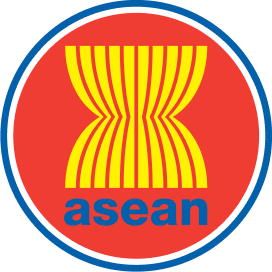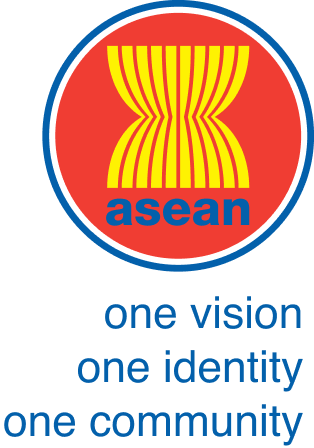The idea of people-centred security is reflected in the three pillars of ASEAN Community – consisting of ASEAN Political-Security Community (APSC), ASEAN Economic Community (AEC), and ASEAN Socio-Cultural Community (ASCC). ASEAN has also promoted the idea of a ‘culture of prevention’ as part of its understanding of human security in the health sector, with the ASEAN Declaration on Culture of Prevention (CoP) for Peaceful, Inclusive, Resilient, Healthy and Harmonious Society adopted by the member states during the 31st ASEAN Summit held in Manila on 13th November 2017.
The broader concept of human security is a foundational concept for the United Nations, linking peace, dignity (expressed in human rights and responsibilities) and development. Human security can be adopted at a global, regional or social level. Within a regional studies perspective, the security of one nation or region can undermine the sovereignty of another; a social perspective asks the simple fundamental question ‘Whose security is the concern about?’
This question, in the ASEAN context, was first brought into the remit of the health sector, to help address the threats to national and regional health in the wake of the pandemics of the early 2000s; the process led to the adoption of regional surveillance systems. The result has been a greater readiness to adopt the IHR guidelines of the WHO to protect national populations, and the creation of a regional network.












